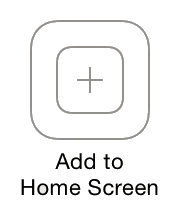
One of AppRecs' most important features is its ability to detect app review manipulation in the iOS App Store™ and Google Play™. As we reported earlier this year, we look for reviews that are driven by coercion to those acquired via shady review exchange networks to those that are outright paid for.
Despite being against app store rules, many of these practices are commonplace. Out of 24 million iOS reviews, for example, we've flagged nearly 2 million as untrustworthy, and there are likely many more.
We've often wondered, "How far do some of these apps go? What are the most extreme examples of review manipulation they're getting away with?" To find out, we added a new search mode to the AppRecs search engine that lists apps with the most flagrant examples of review manipulation first. You can try it out via the "Least Trustworthy" menu option or this button:
There are two big reasons why we care so much about detecting fake and otherwise untrustworthy reviews. First, when looking at apps we would like to be able to trust their ratings and take them at face value. It's a pain to try to decipher whether an app is truly good or not, and many illegitimate reviews are quite convincing until you examine the reviewer's overall behavior. Second, having accurate, meaningful app ratings enables us to develop features on top of them, such as our app recommendations engine. We can say with conviction, for example, that you'll probably like Carcassonne -- a genuinely 4-star game -- if you like Ticket to Ride.
A lot of the practices that are against app store policy, e.g., the promise of in-app rewards for reviews, are quite common and blatant. Why is this allowed to happen in the official app stores? We're not sure, but we'll continue to pick up the slack.
